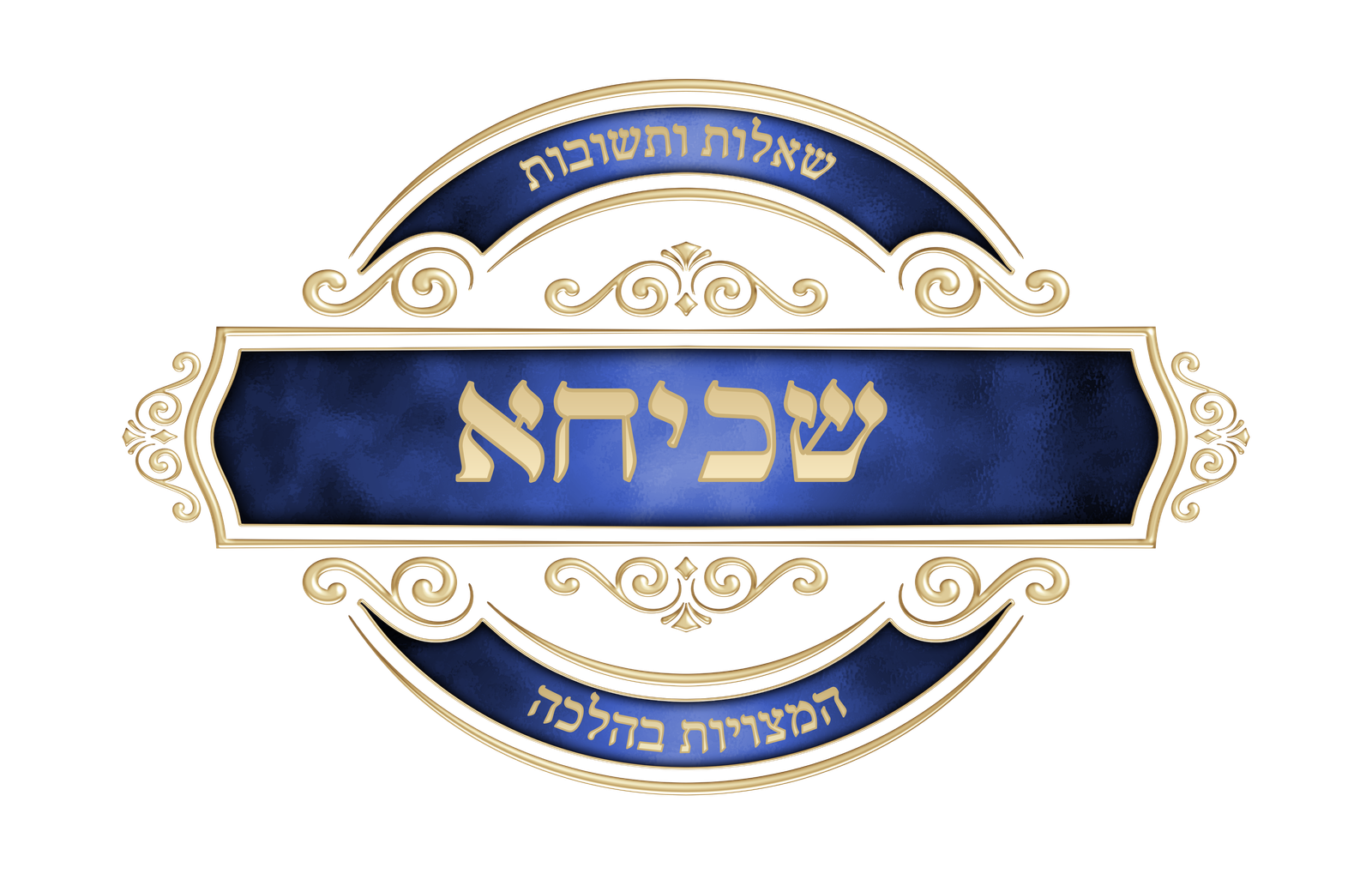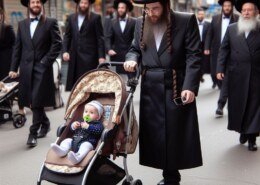Here is the essence of what is being discussed, starting with a Rishonim dispute about a sukkah that is under the tree in such a way that the sukkah itself is covered according to the law, whether the tree is ruled out in the 23rd or not.
And here in the Shoah [Ci. 1766] ita dish is ruled out in the tree only in such a way that the tree's sacrifice is greater than its sin, but in such a way that the tree's sin is greater than its sin and the sukkah's sin is greater than kosher.
It is true that the whole permitted method is only in such a way that the invalid thatch is mixed with the kosher thatch in such a way that it will not be noticeable [27 explained in Shua C. 1776].
However, one should do as the Rama said, placing one on the other's back and pin the net over the thatch without any space between them, which in his opinion is considered mixing, and in the opinion of the Hamed Moshe brought up in the Bahl in their eyes is a complete mixing, and this does not belong in a net of pigeons at all, and see what was decided BHL there.
And in the Mishnab there, the Sakh brought further that there is a dispute between the latter as to whether the thatch is obviously invalid in the Pena in such a way that the protection of the sukkah is greater than its cover, and apparently due to the Torah it should be made worse, and also the Chazua Och C. Ken Sakh Yad made it worse [ p. in different laws there si].
And on the other hand, it is necessary to say that here the rule is to cook the Torah, etc. It is necessary to add the views of the first people who are more lenient than this, even though the Sukkah itself has taken a lot of its heat, and also maybe there is a place to discuss and say that it is easier than Ilan, since here there is no form of shielding at all in such a network, and also to explain in a way If there is an Ilan Eg Sukkah that needs to involve the two sheds ZBAZ here it is possible that they will not have to involve each other, since there is no form of shielding in this matter, and this net does not go up or down.
And M.M. according to the opinion of the above-mentioned BAH there would be no place to make it easier, then we enter into the judgment of LOD, and we come to be judged by the judges if it is appropriate to say LOD also for the material, see Tos. , and I. from 28th section 17 that he was afraid of his opinion.
And perhaps here, since it seems to be one thing to reach the hem in order to prohibit it, since the thing is seen as a complete partition, and the other as a kind of long garment, and the PZ is to discuss a model of a thatch, it was not allowed except in the way that here there is not a complete partition that covers the entire length of the thatch, and as will be prohibited in any way.
And it really seems that there is no reason to say that there is no form of shielding in such a thatch, for the purpose of considering the mesh as an invalid thatch, since even the thin trees that put the shingles were rejected by the judges, and qualified only in such a way that there was an action that uprooted the beams above them, as a rule here that no action was done on this network and it should not be qualified [See Shu'a 3. 1776 64 and 184, Ibid. 17].
And what the kashir there is the Mishnav Skiz 7 in the way that he laid the thatch, the kosher against the latch is only in the way that there is legal mixing as explained in verse 2 there, and the laws of mixing were mentioned before that they are the last disputes, and what is the meaning of the mashnav here that also eased in the way that the term Zag 7 And it is not completely involved, like Hammad Moshe, and so for those who practice according to the decisions of the Mishnab, it is possible that there will be room in the network to make it easier when it is close to the thatch, and on the other hand, those who are strict like Hammad Moshe and the Chazoa will have to be strict in this way as well.
In short, there is certainly something wrong here to make a sukkah in this way and to make it easier for Daurita based on these opinions, and who in a place where there are people who are kind of traditional and the like who make such a sukkah, perhaps they should not be protested since there are some opinions among the first that the sukkah is kosher.
[And as the net is a vessel in the Pena and is not fixed there in the structure, there is more room to ease it according to the words of the Ritba in Iroubin that in the vessels in the thing that is done to be fixed so that it is actually open to the Law of God, refer to Kovacs Kol HaTorah 64 5568].
Adding to this answer I wrote a long time later
And here, since the Mishnav (Tarchu Ski'7) is actually afraid to make it worse if there are not three between the pillars of the Latash and fear the latter who are strict about it, this also in the net of doves should be made worse.
However, what was brought forth by the words of the Manchai and the Gershaza and the thread is secondly what they brought from their words regarding other things such as bars and clothespins (see comments and additions there), and also what the Gershazi gave regarding the matter of clotheslines according to the Ritva [above] . The neighbor is obliged to make it worse as the other party, and also his opinion that was brought on his behalf there regarding clothes lines and bars apparently does not belong here, see there, mm we must feel for our case in a pigeon net not to make a sukkah under a pigeon net.
!trpsttrp-gettext data-trpgettextoriginal=9740!trpenRead less!trpst/trp-gettext!trpen



